
The Centre for Ageing Better and The Physiological Society have produced a report: A National COVID-19 Resilience Programme.
 The report says that home confinement in older people may cause: (i) cardio respiratory and metabolic deconditioning, (ii) insulin resistance, (iii) muscle loss and (iv) increased fat mass. In addition, social isolation may be worsened.
The report says that home confinement in older people may cause: (i) cardio respiratory and metabolic deconditioning, (ii) insulin resistance, (iii) muscle loss and (iv) increased fat mass. In addition, social isolation may be worsened.
 The report makes recommendations including a tailored exercise programme and broad interventions to support increased activity levels; optimising nutrition and embedding behaviour change.
The report makes recommendations including a tailored exercise programme and broad interventions to support increased activity levels; optimising nutrition and embedding behaviour change.
Read the report here [opens in PDF]

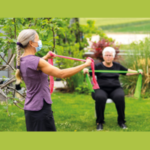
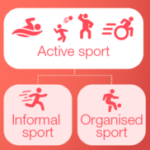
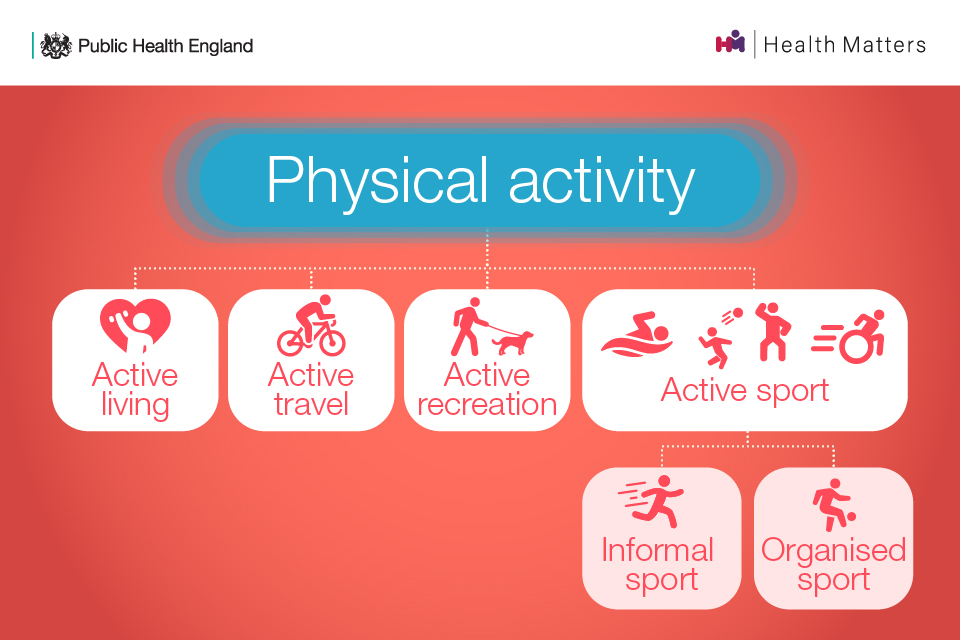

 Health Education England e-Learning for Healthcare (HEE e-LfH) has worked with Public Health England and Sport England to launch a new physical activity e-learning programme to help healthcare professionals to champion physical activity with patients.
Health Education England e-Learning for Healthcare (HEE e-LfH) has worked with Public Health England and Sport England to launch a new physical activity e-learning programme to help healthcare professionals to champion physical activity with patients.
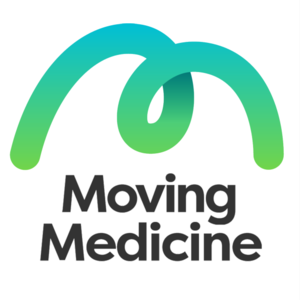 Last October, Moving Medicine was launched by the Honourable Matt Hancock, Secretary of State for Health and Social Care. The free, evidence-based resources, available at movingmedicine.ac.uk support high quality conversations on physical activity across a broad range of chronic diseases including musculoskeletal pain, inflammatory rheumatic conditions and primary prevention, to mention a few.
Last October, Moving Medicine was launched by the Honourable Matt Hancock, Secretary of State for Health and Social Care. The free, evidence-based resources, available at movingmedicine.ac.uk support high quality conversations on physical activity across a broad range of chronic diseases including musculoskeletal pain, inflammatory rheumatic conditions and primary prevention, to mention a few.
 CEO update by Sue Brown
CEO update by Sue Brown

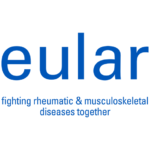
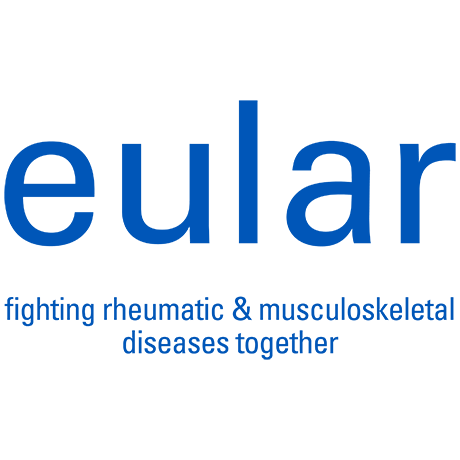 EULAR has published a new lay summary:
EULAR has published a new lay summary: